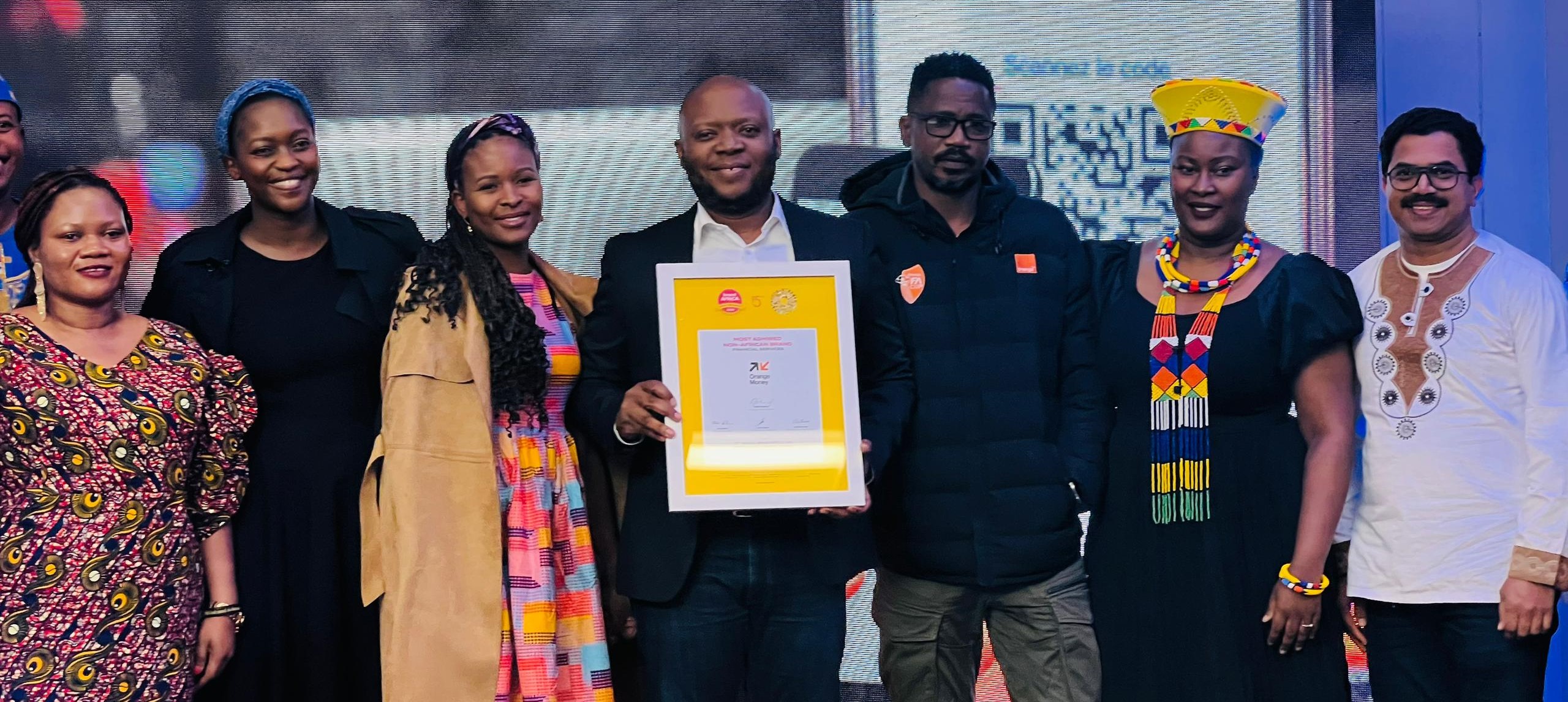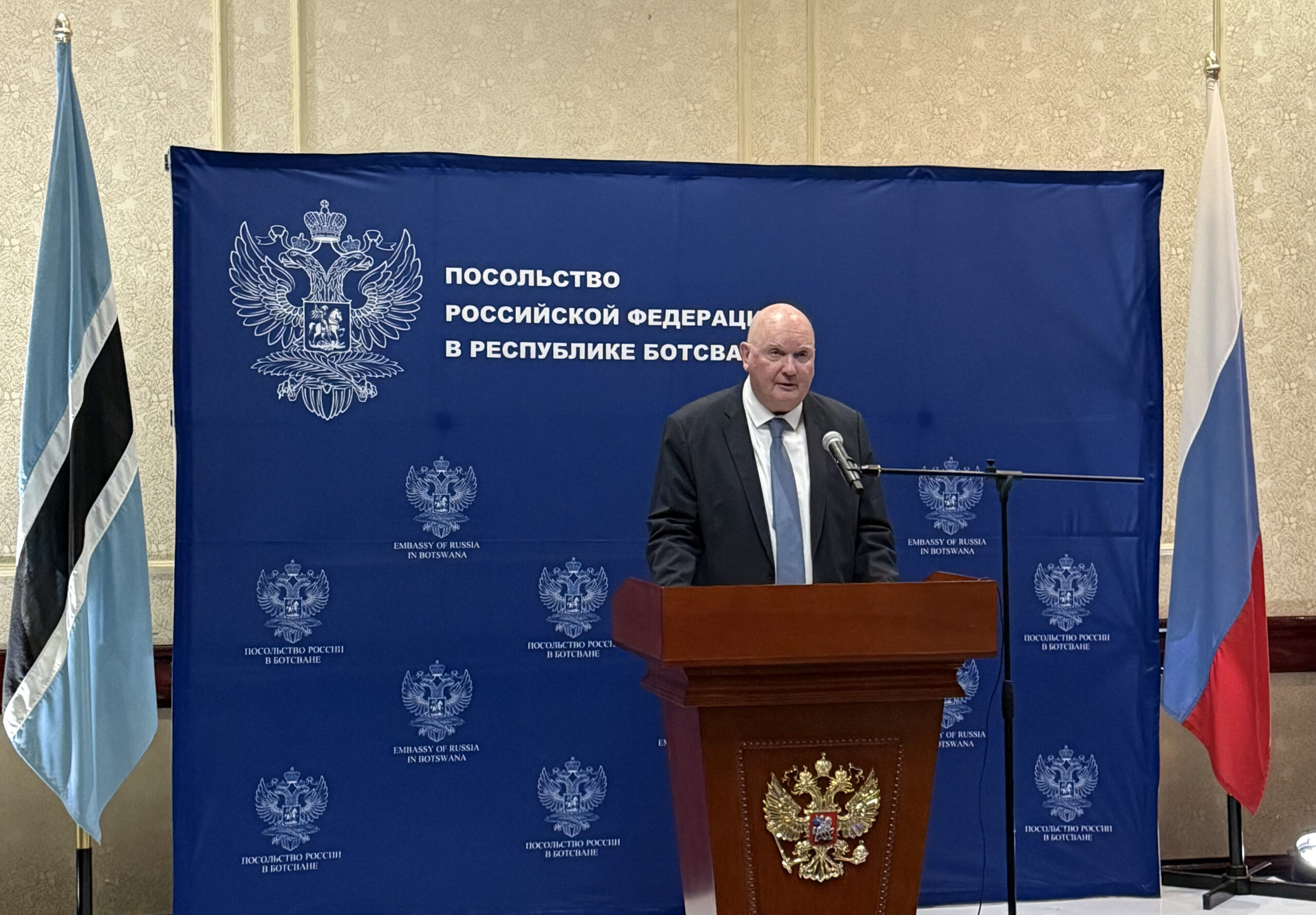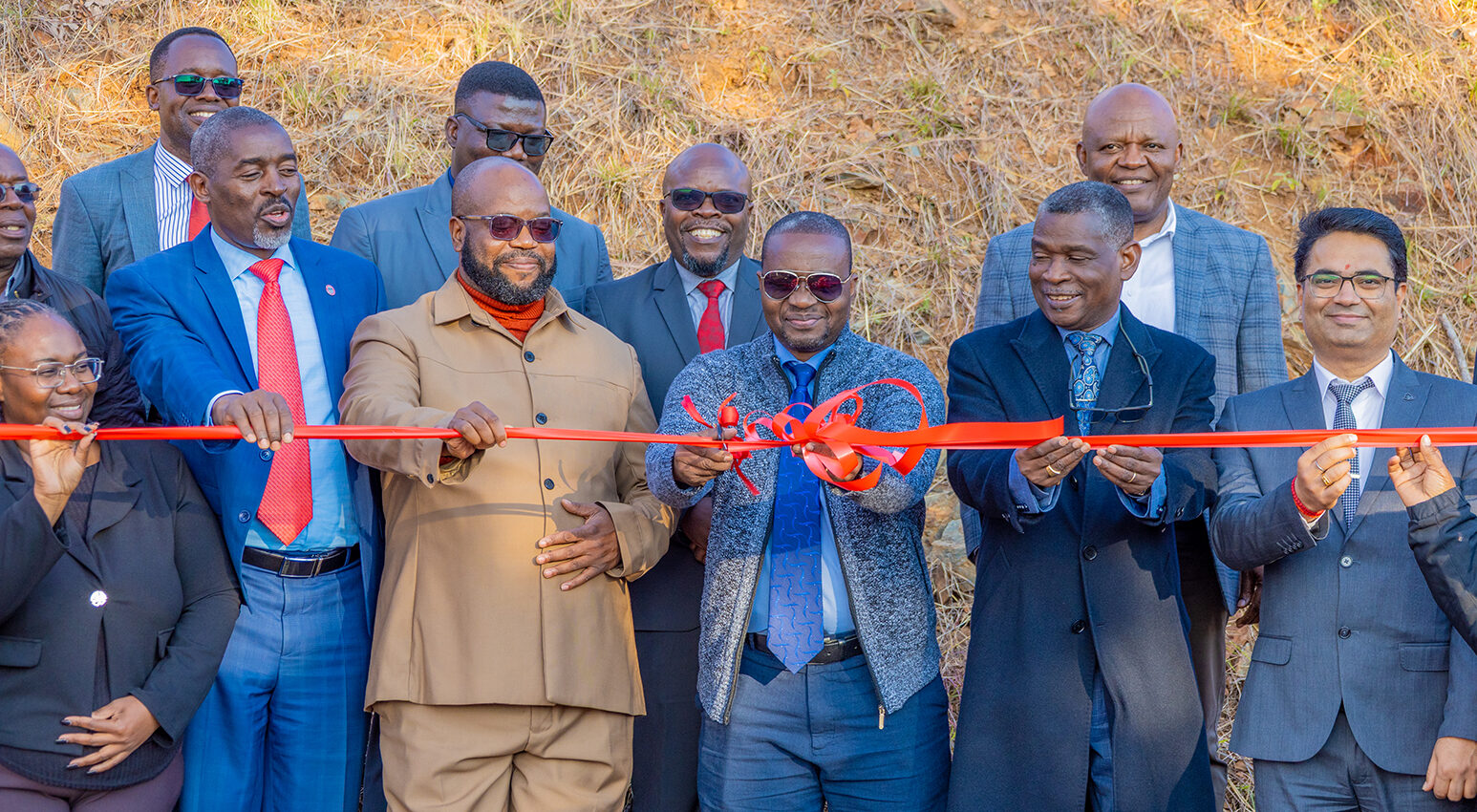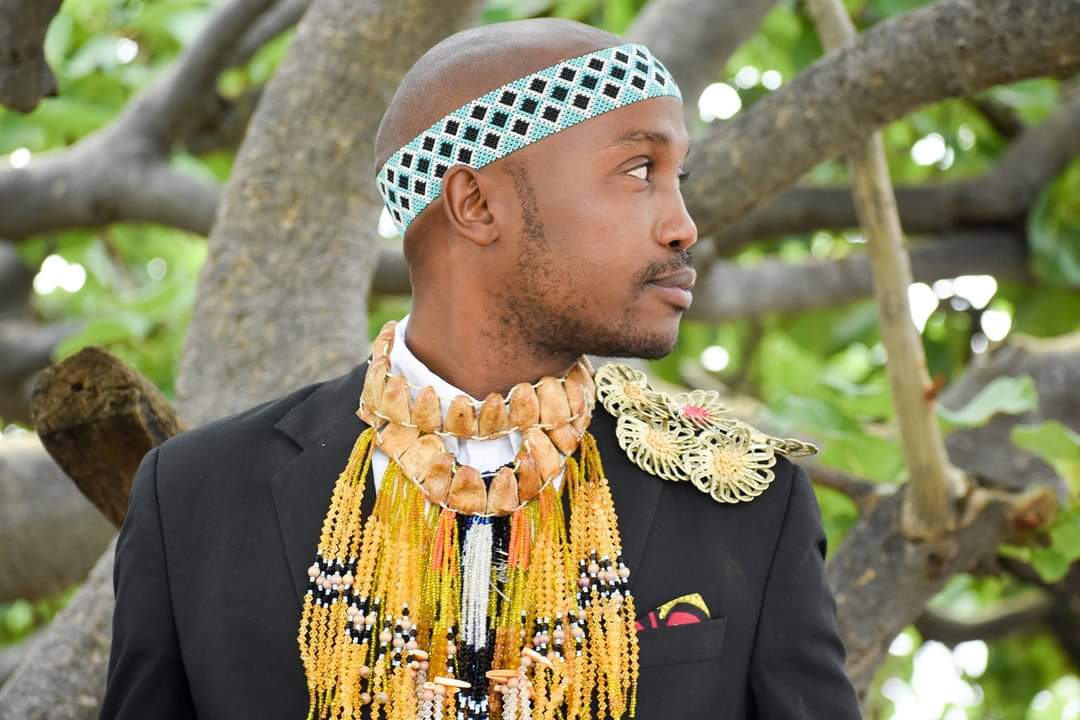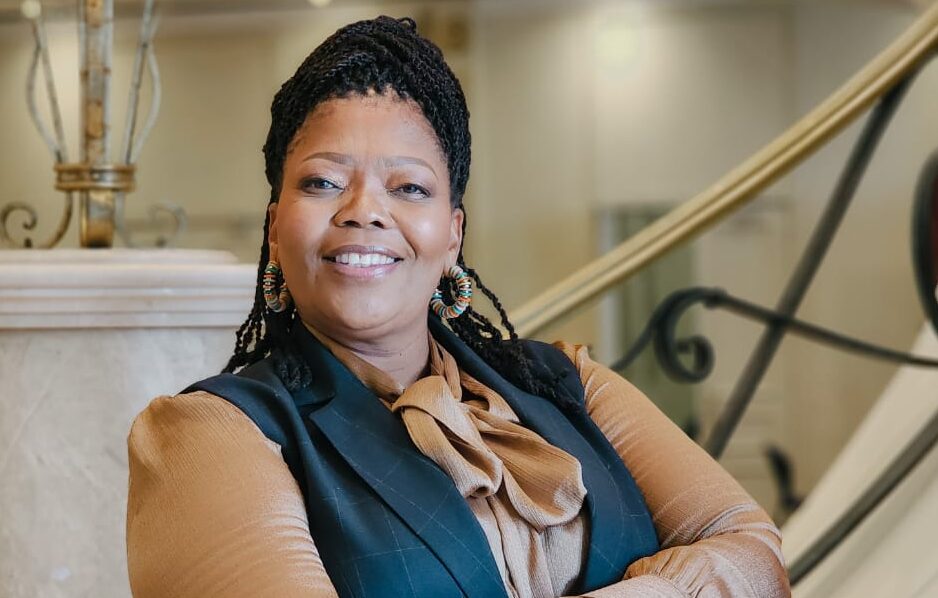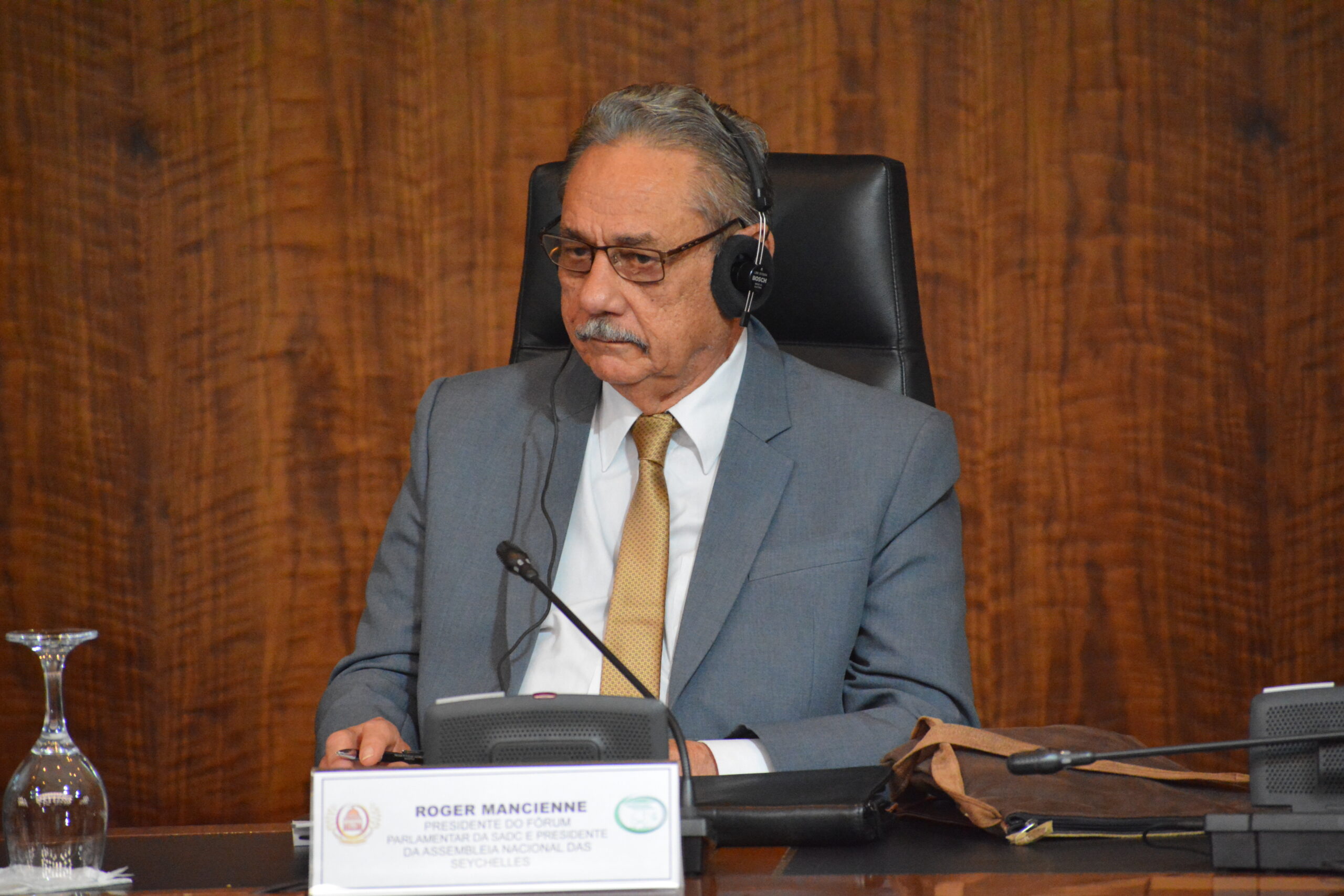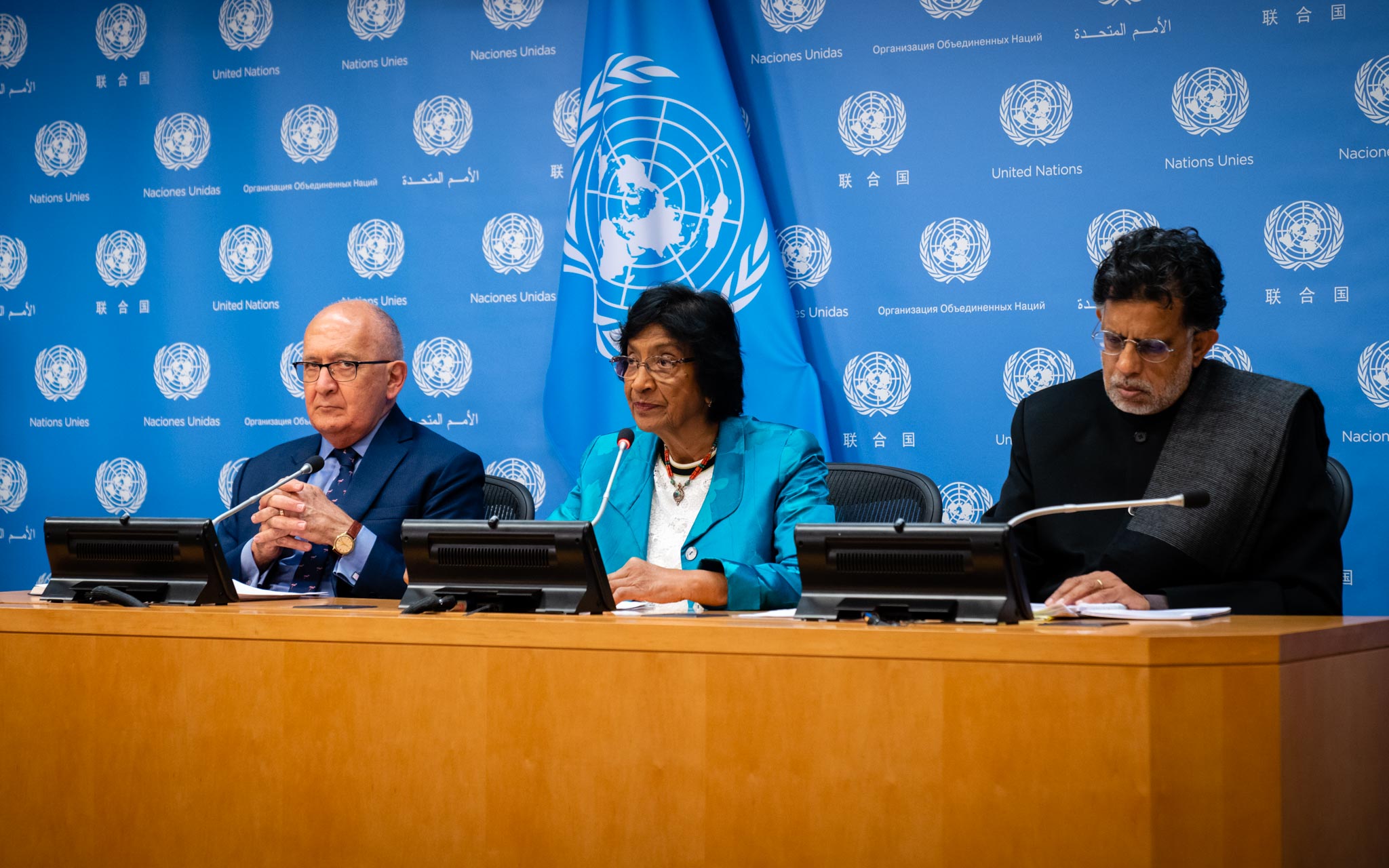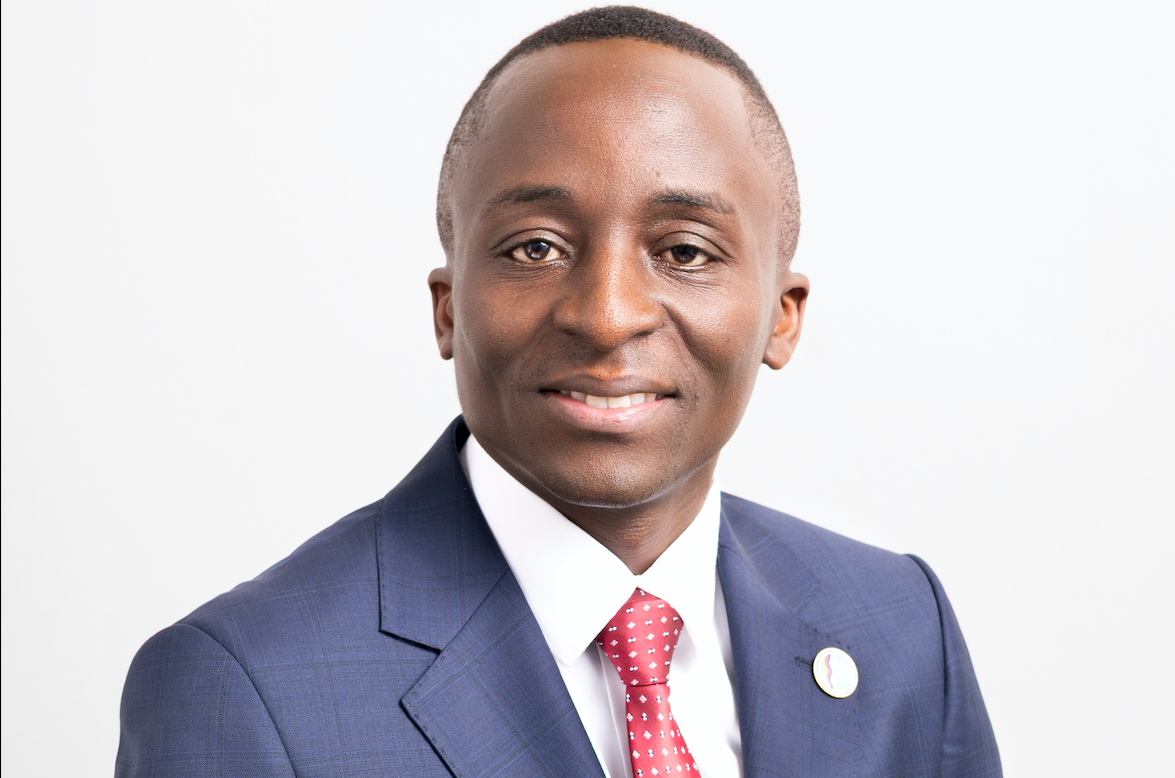
The newly appointed Secretary-General of the Forum of Parliaments of Member States of the International Conference on the Great Lakes Region (FP-ICGLR), Dr. Deo Mapinga. Photo: Contributed
By Moses Magadza
Victoria Falls, Zimbabwe – The newly-appointed Secretary-General of the Forum of Parliaments of Member States of the International Conference on the Great Lakes Region (FP-ICGLR), Dr. Deo Mapinga, has called for regional parliamentary cooperation and ethical innovation.
He made the call during his maiden address at the 57th Plenary Assembly Session of the SADC Parliamentary Forum that took place in Vitoria Falls City in Zimbabwe last week.

Dr. Mapinga welcomed the Plenary’s timely theme, “Harnessing Artificial Intelligence for Effective and Efficient Parliamentary Processes in the SADC Region,” as a pivotal starting point for charting a shared digital future.
“This important theme speaks to the heart of a transformative era, one in which parliaments must adapt and innovate to remain responsive, transparent and effective in serving our people,” he said.
While noting the opportunities and perils of artificial intelligence (AI), Dr. Mapinga urged a balanced and human-centric approach.
“AI should extend human capabilities, not operate them. It must enhance our democracy, not endanger it. We should ensure humanity remains in charge,” he stated.
He added, “Like the late Ngũgĩ wa Thiong’o once said, ‘Use English, but do not let English use you.’ We should use AI and not the other way around.”
The FP-ICGLR Secretary-General stressed that while AI holds promise for strengthening parliamentary oversight, improving public engagement, and enhancing cross-border accountability, there are significant concerns that must not be overlooked. These include data privacy and ethical governance and the erosion of human judgement.
“Overreliance on AI tools, as is increasingly the case in many workplaces, is a serious challenge,” he warned.
Dr. Mapinga also stressed that parliaments across Africa must see AI as a tool to build bridges and deepen democratic processes, not merely for efficiency, but to embed resilience and responsiveness in governance systems. He called for AI policies that are homegrown, context-aware, and rooted in the democratic aspirations of the continent.
Turning to regional integration and collaboration, Dr. Mapinga reaffirmed FP-ICGLR’s commitment to stronger ties with the SADC Parliamentary Forum.
“Our presence here today reaffirms a growing reality, that regional parliamentary cooperation is not a choice; it is a necessity,” he said.
Citing overlapping regional challenges such as displacement, youth unemployment, and democratic governance, he called for a united parliamentary front rooted in solidarity and strategic action.
“Indeed, the challenges we face from past boundary conflicts, displacement, youth employment, democratic governance, know no borders. They demand from us a united front, not only as nations but as regional communities of shared destiny.”
He also expressed his intention to formalise inter-forum collaboration between the FP-ICGLR and SADC PF.
“We believe that South-South cooperation among parliamentary forums is essential for building resilient institutions, strengthening regional integration, and achieving the aspirations of the African Union’s Agenda 2063,” he affirmed.
He said the FP-ICGLR was committed to joint missions, peer learning initiatives, and harmonised research programmes aligned with regional and international obligations. He lauded the increasing prominence of “parliamentary diplomacy” in regional affairs, and said modern parliaments had evolved into critical actors on the global stage.
“When we speak together, when we act together and when we advocate together, we can influence the outcome that leads to peace, prosperity and justice,” Dr. Mapinga said.
- Moses Magadza is the Media and Communications Manager at the SADC Parliamentary Forum
